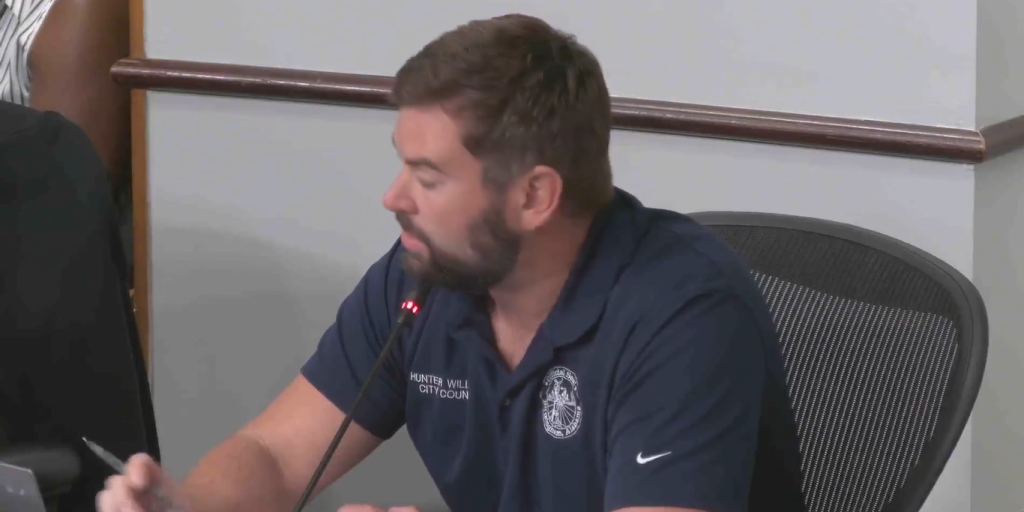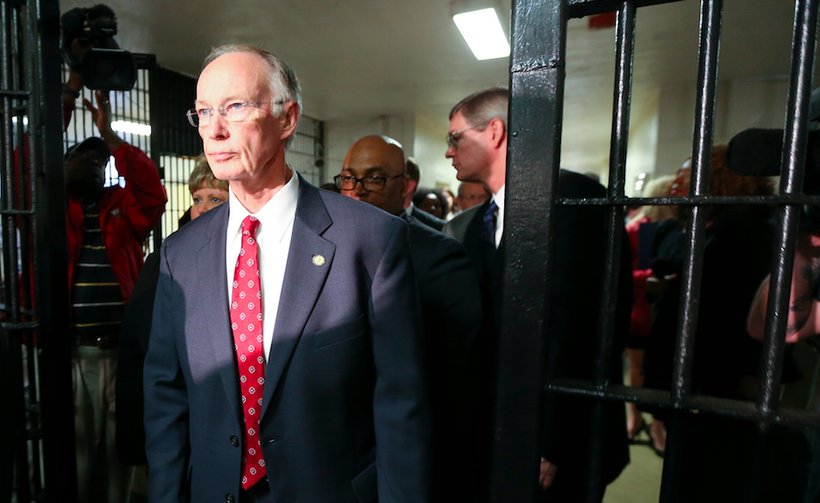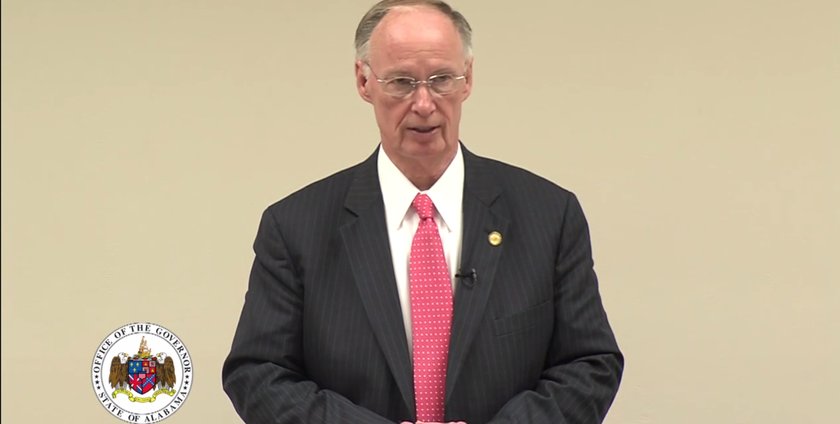“Sin taxes,” which are taxes levied on items considered undesirable or harmful, are a favorite tool of lawmakers trying to balance the budget without cutting government services. They get the revenue they want while avoiding a tax hike on income, property or other areas that could elicit an immediate negative response from the majority of the voting public.
The Republican supermajority in the Alabama legislature has repeatedly promised not to raise taxes, but with the state’s General Fund budget in dire straits, the call for more sin taxes will inevitably come, at least from Democrats.
A quick side note on one of the main reasons the General Fund has gotten to this point…
In 2003, Medicaid consumed 18 percent Alabama’s General Fund. By 2014 that number had skyrocketed to an incredible 35 percent. The legislature had to appropriate an additional $70 million to the program this year to help fund it, yet Democrats continue calling for the governor to expand the program even further under ObamaCare.
…But back to the main point…
Polling often shows that a significant percentage of Alabamians actually favor raising taxes on cigarettes to bring in more revenue. However, when asked if a cigarette tax hike would mean Republicans broke their pledge not to raise taxes, the vast majority of Alabamians say it would.
That puts Republicans in a tough spot politically. In spite of the fact that they’ve made significant strides in cutting and streamlining state government, the General Fund continues to face a massive shortfall.
So with that background in mind, let’s take a quick look at the history of cigarette taxes in Alabama and around the nation.
As the GIF map above shows, every U.S. state taxed cigarettes at under 10 cents per pack in 1960. By 2012, only a handful of states were taxing cigarettes at under 50 cents per pack.
But although that seems like a significant rise, it actually didn’t keep up with the rate of inflation.
In 1960, Alabama taxed cigarettes at 6 cents per pack. By 2004 the rate had risen to 43 cents per pack, where it remains today. If the tax had kept pace with the rate of inflation, it would be 48 cents per pack.
Of course, none of that takes away from the fact that the government is taxing a particular product at a higher rate than others simply because it feels like it.
And outside of the obvious fairness issue, those who think a hike in cigarette taxes could be a longterm cure for Alabama’s budget woes should also consider the precipitous decline in cigarette sales over the years.
As a result of the tax hikes, laws banning smoking, aggressive anti-smoking ad campaigns and polling that indicates Americans no longer consider smoking “normal behavior,” the U.S. Surgeon General published a 980-page report earlier this year actually predicting an eventual end to smoking in the United States.
The GIF map below illustrates that smoking in Alabama hit its peak in 1979, when there were 123 packs of cigarettes sold for every person living in the state. By 2012, Alabama’s yearly cigarette sales per capita had plummeted to 67.
The predicted demise of the tobacco industry has not stopped many states from going after a short-term money grab, though.
Fifteen states increased cigarette taxes in 2009 alone, and over a dozen more state-level increases have been implemented since then, according to the Campaign for Tobacco-Free Kids.
The decline of smoking in the United States is a good thing.
“Cigarette smoking is the number one cause of preventable disease and death worldwide,” according to the American Lung Association. “Smoking-related diseases claim over 393,000 American lives each year. Smoking cost the United States over $193 billion in 2014, including $97 billion in lost productivity and $96 billion in direct health care expenditures, or an average of $4,260 per adult smoker.”
But while lawmakers pushing for cigarette tax hikes often try to take the morale high ground, they have a much harder time explaining the new trend of imposing new taxes on e-cigarettes and vapor products.
The map below, which was prepared by the anti-tax crusaders at Americans for Tax Reform, lays out recent efforts by states to impose sin taxes on e-cigarettes, a healthier product toward which many former smokers are gravitating.
We are almost exactly six months away from the 2015 Alabama legislative session, so it is way too early to predict what’s coming. But it’s a safe bet that there will be a significant number of Democrats — and maybe even some Republicans, too — who will take a shot at raising so-called sin taxes, rather than keeping the state on the cost-cutting track that Republicans set the state on after taking control in 2010.
That’s something to watch out for.
Follow Cliff on Twitter @Cliff_Sims















